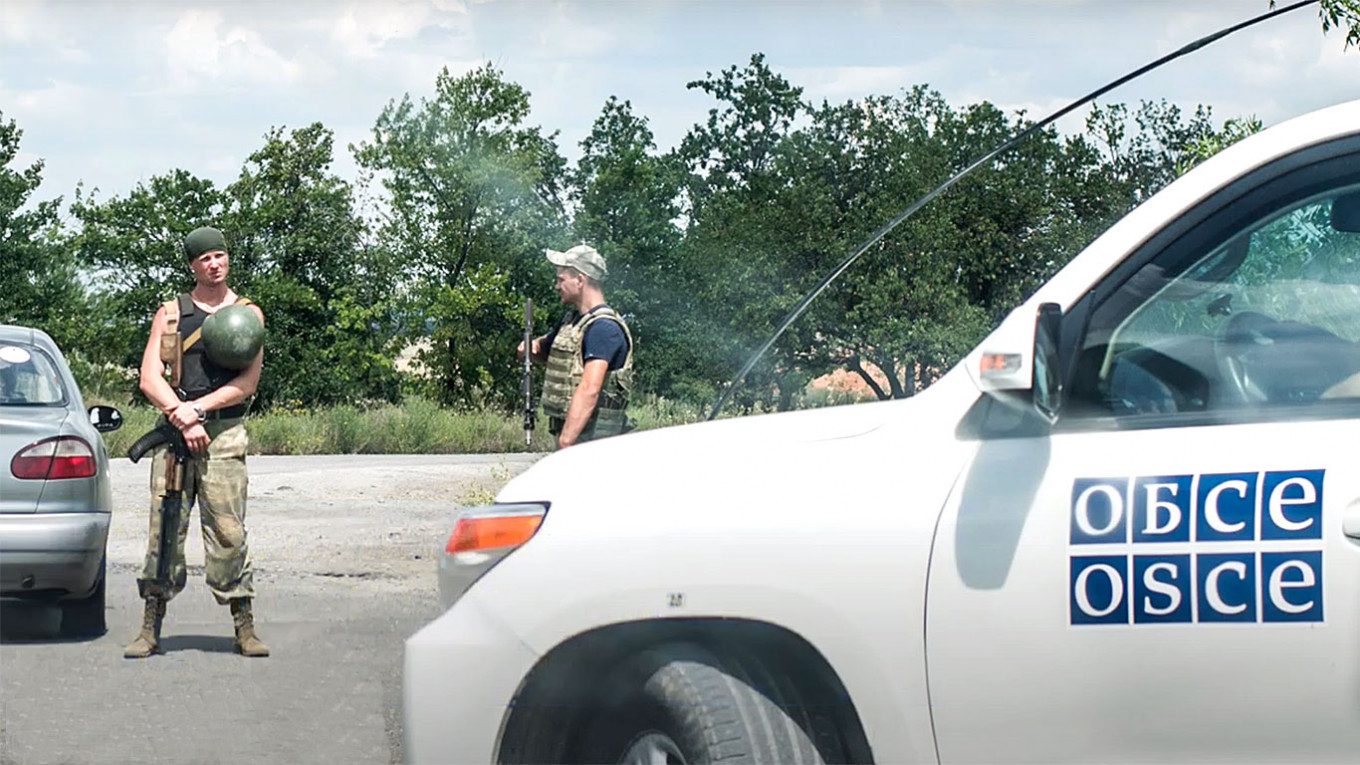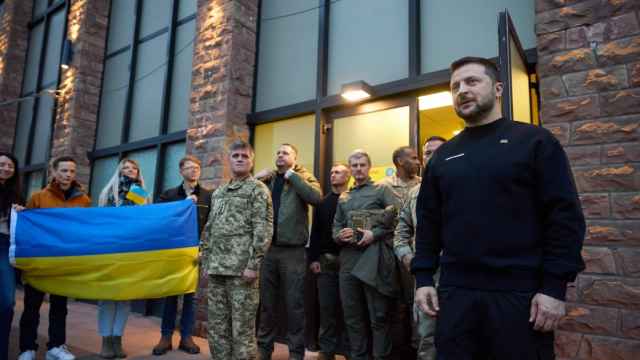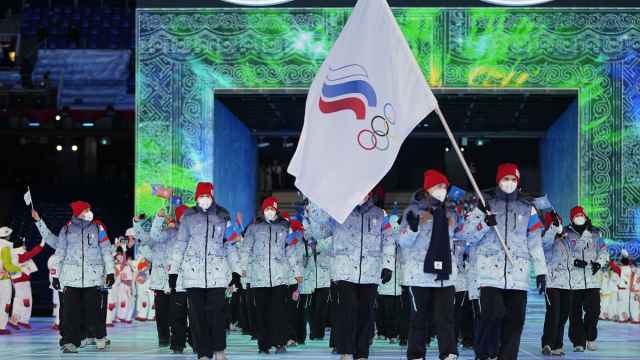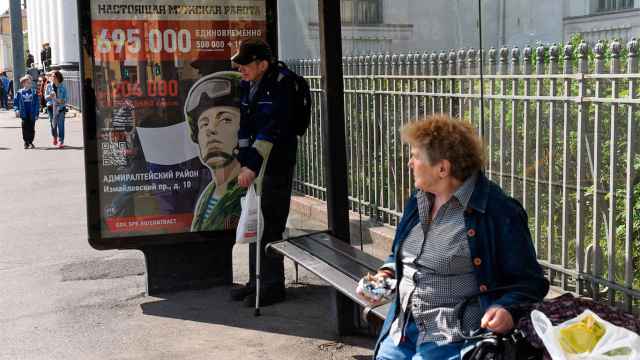Russia will by Thursday midnight block the renewal of the Organization for Security and Cooperation in Europe (OSCE) permanent mission in Ukraine, ending a 23-year presence in the war-torn country, say diplomatic sources.
Russia "has the power to block the mandate at the end of June and it said it was going to do so," Danish ambassador Henrik Villadsen, the mission's project coordinator since 2018, told AFP.
He was confirming an earlier statement from the Polish rotating chairmanship of the institution, which said: "Unfortunately it formally ends in seven days due to the Russian veto."
The mission of the OSCE helps Ukraine bring its legislation, institutions and practices into line with democratic standards.
It employs 110 people, mostly Ukrainians, on about 40 projects. Their work includes improving water quality, de-mining work, fighting human trafficking, corruption and domestic violence, said Villadsen.
"The OSCE is an incubator developing practices that do not yet exist," said Villadsen, who had an annual budget of 3.6 million euros for the projects.
"From 2010, for example, we worked to ensure that Ukraine joined international standards," in terms of mine clearance.
The OSCE also supported the country in the digitization of its electoral lists to create a unified register to avoid fraud.
Russia has already blocked the extension of the OSCE monitoring mission in Ukraine that since 2014 had been tracking the conflict between the government and pro-Russian separatists in eastern Ukraine.
All OSCE decisions are adopted by consensus.
The Vienna-based organization was founded in 1975 — at the height of the Cold War — to foster relations between the Western and Eastern blocs.
It currently has 57 member states, including NATO countries and allies of Moscow.
A Message from The Moscow Times:
Dear readers,
We are facing unprecedented challenges. Russia's Prosecutor General's Office has designated The Moscow Times as an "undesirable" organization, criminalizing our work and putting our staff at risk of prosecution. This follows our earlier unjust labeling as a "foreign agent."
These actions are direct attempts to silence independent journalism in Russia. The authorities claim our work "discredits the decisions of the Russian leadership." We see things differently: we strive to provide accurate, unbiased reporting on Russia.
We, the journalists of The Moscow Times, refuse to be silenced. But to continue our work, we need your help.
Your support, no matter how small, makes a world of difference. If you can, please support us monthly starting from just $2. It's quick to set up, and every contribution makes a significant impact.
By supporting The Moscow Times, you're defending open, independent journalism in the face of repression. Thank you for standing with us.
Remind me later.






